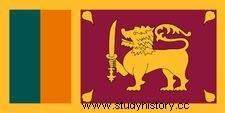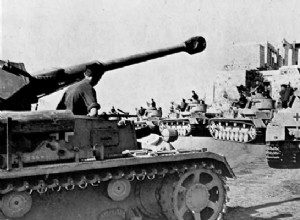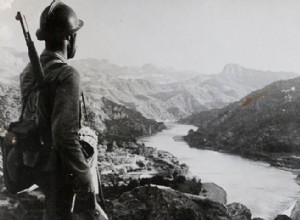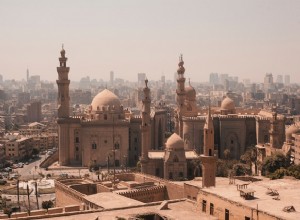Kandy , important independent monarchy in Ceylon (Sri Lanka) at the end of the 15th and last century Sinhala Kingdom is to be subdued by a colonial power. Kandy survived the attacks of Ceylons first two colonizers - the Portuguese and the Dutch - and succumbed finally the third and l




